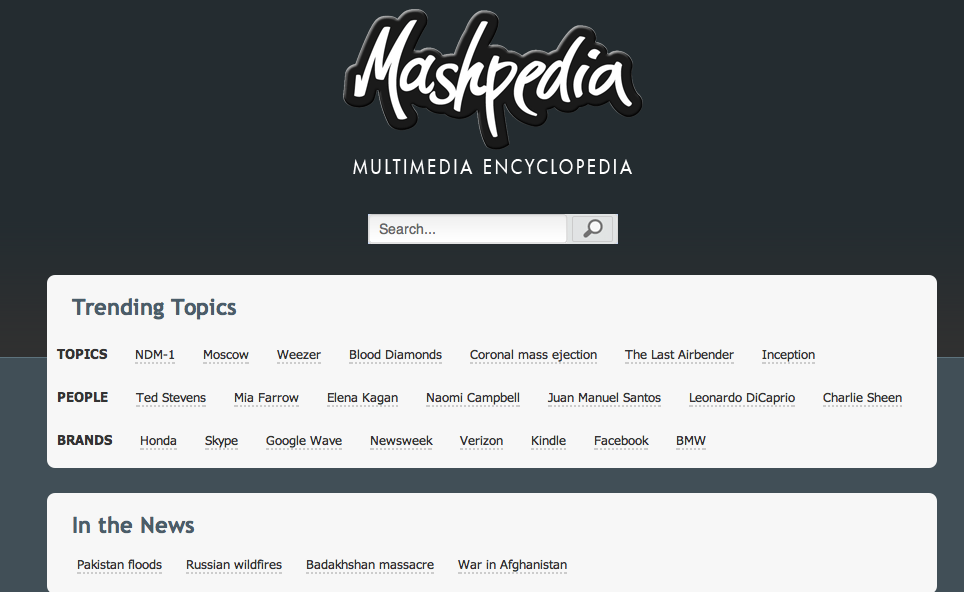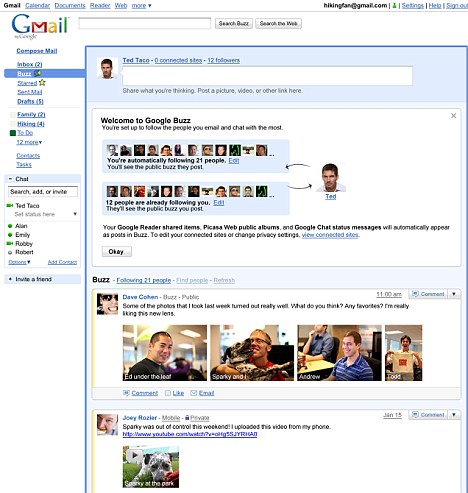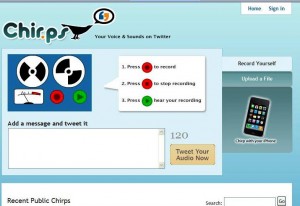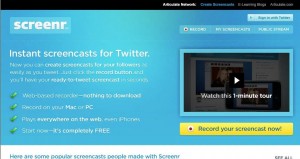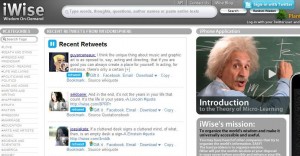Our Lady of Mercy College Heidelberg has a library Twitter account.
At OLMC Library we have been using Twitter to try to engage and communicate with students. We use it to promote events like Book Week, Readers Cup and new books as well as good web links. Previously it was linked to the OLMC Library Facebook page which meant that I could place links, news etc onto Face Book and it would also be uploaded to Twitter. Now that we have a closed group Facebook page this can no longer be done and I have to post separately to Twitter.I feel that the initial enthusiasm shown by students to Twitter has evaporated and that they are back to Facebook which seems to meet their needs. While I feel it is a great tool for educators I feel it is not so important with the young who seem to be enamoured with Facebook. I will still useTwitter to promote but will focus on Facebook.Interestingly Head of Library Tricia Sweeney and I are using the school’s intranet portal to promote much more. Filters enable us to target Year levels so we can target our message much more effectively.
It is really worthwhile to give some new communication methods a trial, so well done to the OLMC library team!

